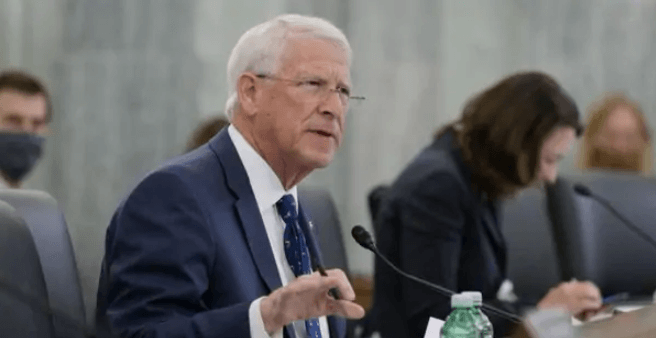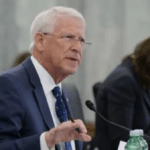Wicker: Leading JROTC expansion
Note: The following is the weekly “Wicker Report” from the office of Sen. Roger Wicker. Any opinions expressed in the article is that of the author and not necessarily that of this publication.
By Sen. Roger Wicker
STEM Programs Prepare Cadets for 21st Century Citizenship and Jobs
In a sign of Mississippi’s growing technology leadership, Batesville recently hosted the 2024 National All-Service Junior ROTC Aerial Drone Championship. I joined sixty teams of cadets from 18 states and all six JROTC service branches as we descended on North Mississippi for the contest.
Over three days, cadets showed off the flying robotics they had constructed. Teams competed for prizes rewarding their programming and problem-solving skills. The whole event was a dose of good news. Our young people are demonstrating the responsibility, intelligence, and dedication that will lead our state and country into the future.
Junior ROTC Prepares Students for Public Service
I benefited from my experience as an advanced Air Force ROTC cadet at the University of Mississippi. Years later, I learned about the numerous positive benefits of JROTC, which is a program run by six military branches to instill citizenship values in middle and high school students. I became a champion of the initiative. Today, parents, educators, and students nationwide share my enthusiasm. They are clamoring for more JROTC opportunities, and I am eager to help meet this demand.
In Congress, I authored and successfully passed the JROTC Act. This law increases the number of JROTC units, expands the eligibility of instructors, boosts instructor pay, and especially helps open chapters in rural areas. I supplemented that with another law setting a minimum requirement of 3,700 units nationwide. Those efforts are beginning to pay off. In the last year, Mississippi welcomed new chapters in Tupelo and Clinton.
Studies prove that JROTC cadets make up a subset of overachievers in our schools. They have lower absentee rates and higher graduation rates than their peers. They embrace discipline that hones their leadership skills and increases their physical fitness. Students gain fresh appreciation for public and military service, values that will serve them, their communities, and their country for years to come.
Drone Competition Reflects Mississippi’s Cutting-Edge Research
It is no accident that Mississippi was selected as the site for the event. Teams from Batesville, New Albany, Aberdeen, Ridgeland, and Grenada high schools competed in the drone competition. Their participation represents the thriving research activity at schools, universities, and businesses in our state.
In our middle and high schools, students take science and electronics classes that equip them for 21st century jobs. The courses also prepare students for cutting-edge engineering and technology programs at our state’s universities.
The University of Mississippi law school is a leader in air and space law, building the legal framework we need as unmanned platforms become a bigger part of our lives. At Mississippi State, researchers are developing world-class, remotely-piloted flying machines. Jackson State University is partnering with the Air Force to develop autonomous systems to support our service members. Near the coast, the University of Southern Mississippi is leading the charge on unmanned underwater devices.
This growing body of research is attracting a technology industry to the state. I met numerous bright, motivated students at the competition in Batesville. My hope is that, as more cutting-edge jobs move to Mississippi, they will motivate these students to use those talents right here at home.




